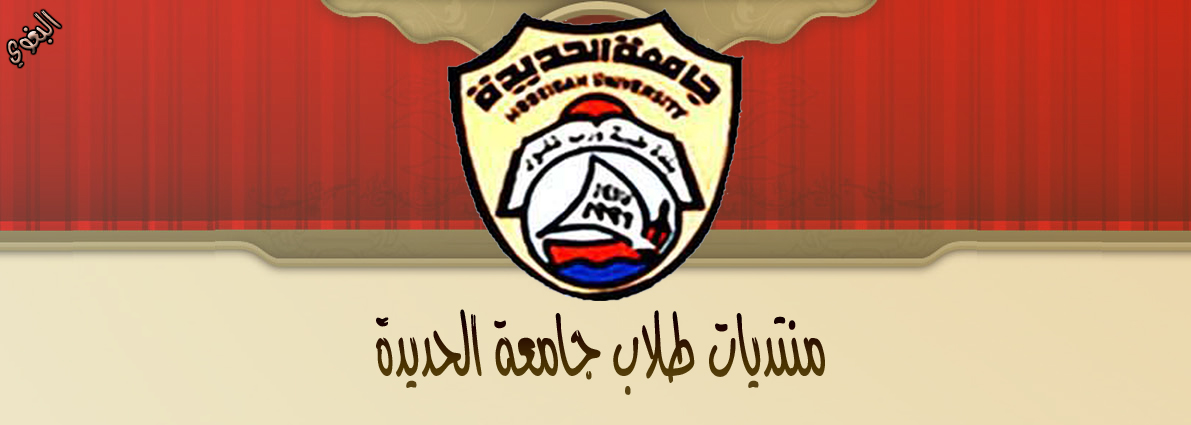Using Wish للتمني
"أتمنى" تستخدم للتعبير عن الأمل في تغير الوضع. طبعا الفعل الذي يأتي بعد هذه الكلمة يتغير حسب الزمن.
الحالة الاولى: اذا استخدمت كلمة wish للتعبير عن الحال في الزمن المضارع ، يأتي الفعل الذي بعدها في الزمن الماضي كما في الحالة الاولى.
First: Wish and present situations
Situation: My sister is untidy. (Verb "to be" in the present simpleمضارع البسيط
Wish:I wish she was tidier. (Verb "to be" in past simple ماضي بسيط
Situation: I am going to London next week. (Verb "to go" in present continuousمضارع مستمر
Wish: "I wish I wasn't going to London next week." (Verb "to go" in past continuousماضي مستمر
Situation: I haven't studied for the English test. (Verb "to study" in present perfect مضارع تام
Wish: "I wish I had studied for the English test." (Verb "to study" in past perfect ماضي تام
Second: Wish and past situations
Situation: I didn't go on holiday this year. (Verb "to go" is in past simple ماضي بسيط
Wish: "I wish I had gone on holiday this year. (Verb "to go" is in past perfect ماضي تام
Third: Wish with modal verbs
With could to refer to ability
Situation: I can't play a musical instrument
Wish: "I wish I could play a musical instrument
Fourth: With would to refer to habits and free will
Situation: He whistles in the office
Wish: I wish he wouldn't whistle in the office. In this sentence you are stressing the fact he wants to whistle and makes a habit of it
Using Wish التمني
English speakers use "wish" to show that they want a situation to be different. The verb after "wish" is one tense back, so that if you are wishing for a different present situation, the tense that follows "wish" is past simple or past continuous. If you are wishing that a past situation was different, the tense that comes after "wish" is past perfect. You can also use "wish" with modal verbs in English
English speakers use "wish" to show that they want a situation to be different. The verb after "wish" is one tense back, so that if you are wishing for a different present situation, the tense that follows "wish" is past simple or past continuous. If you are wishing that a past situation was different, the tense that comes after "wish" is past perfect. You can also use "wish" with modal verbs in English
"أتمنى" تستخدم للتعبير عن الأمل في تغير الوضع. طبعا الفعل الذي يأتي بعد هذه الكلمة يتغير حسب الزمن.
الحالة الاولى: اذا استخدمت كلمة wish للتعبير عن الحال في الزمن المضارع ، يأتي الفعل الذي بعدها في الزمن الماضي كما في الحالة الاولى.
First: Wish and present situations
Situation: My sister is untidy. (Verb "to be" in the present simpleمضارع البسيط
Wish:I wish she was tidier. (Verb "to be" in past simple ماضي بسيط
Situation: I am going to London next week. (Verb "to go" in present continuousمضارع مستمر
Wish: "I wish I wasn't going to London next week." (Verb "to go" in past continuousماضي مستمر
Situation: I haven't studied for the English test. (Verb "to study" in present perfect مضارع تام
Wish: "I wish I had studied for the English test." (Verb "to study" in past perfect ماضي تام
الحالة الثانية : إذا استخدمت كلمة wish للتعبير عن الحال في زمن الماضي يأتي الفعل الذي بعدها بزمن الماضي التام.
Second: Wish and past situations
Situation: I didn't go on holiday this year. (Verb "to go" is in past simple ماضي بسيط
Wish: "I wish I had gone on holiday this year. (Verb "to go" is in past perfect ماضي تام
الحالة الثالثة: تستخدم كلمة wish and could للتعبير عن القدرة.
Third: Wish with modal verbs
With could to refer to ability
Situation: I can't play a musical instrument
Wish: "I wish I could play a musical instrument
الحالة الرابعة: تستخدم كلمة wish مع would للتعبير عن العادات و الاماني
Fourth: With would to refer to habits and free will
Situation: He whistles in the office
Wish: I wish he wouldn't whistle in the office. In this sentence you are stressing the fact he wants to whistle and makes a habit of it
Gooooood Luck
بالتوفيق
بالتوفيق







